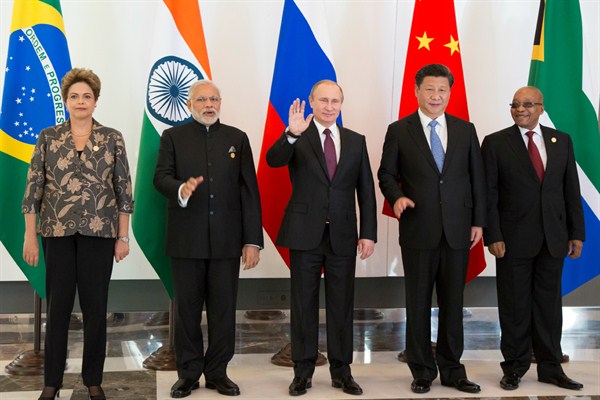The ascent of Narendra Modi to India’s premiership last year was thought to have provided New Delhi with a leader who could propel its rise to great power status. But after nearly a year and a half in power, those expectations have proved to be overly optimistic. Modi has yet to graduate into a statesman and demonstrate an ability to calibrate the use of soft and hard power to realize India’s potential.
Both domestically and in foreign policy, Modi has too often favored confrontation and heavy-handed tactics over magnanimity and diplomacy. When Modi has succeeded, it has been when he has leveraged India’s economic might or played the role of overbearing neighbor. Despite recent setbacks, including his party’s thrashing in local elections in the eastern state of Bihar last week, an about-face by Modi is unlikely.
He remains wedded to applying at the federal level the approach toward governance that he applied in the state of Gujarat, which he governed for 13 years as chief minister. It is a strategy that mixes economic liberalism with muscular policy toward foes, both domestic and foreign, and is topped with clever branding. In some cases, it has worked. But increasingly, it has fallen flat.

